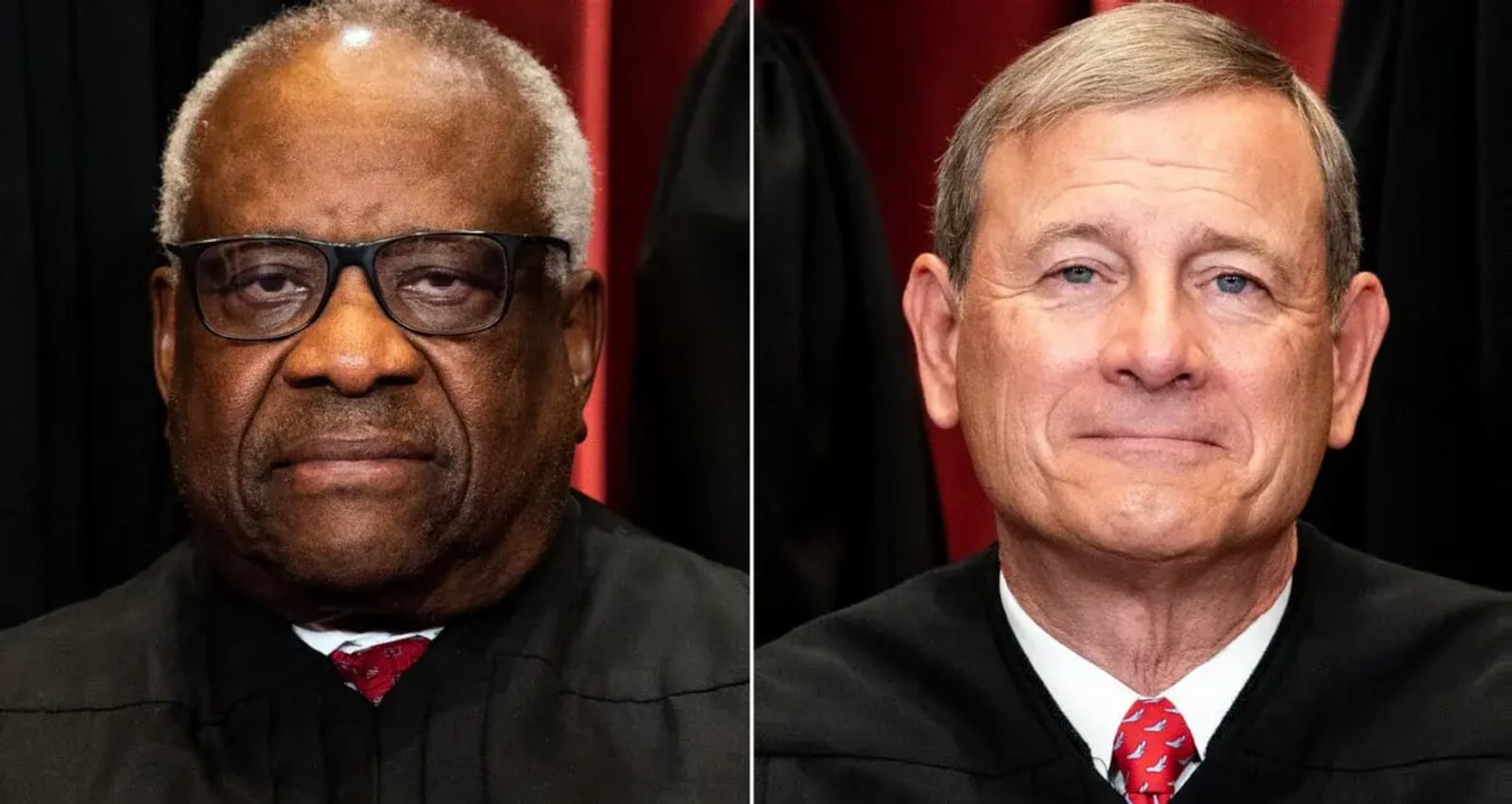OPINION: This article may contain commentary which reflects the author's opinion.
The U.S. Supreme Court agreed on Monday to hear a case involving a federal firearms rule regarding so-called “ghost guns.”
The rule allows the Bureau of Alcohol, Tobacco, Firearms, and Explosives (ATF) to regulate gun parts and parts kits as traditional firearms, according to reports.
In response to emergency applications, the justices have already stepped in twice to keep the rule in place throughout the litigation process after lower courts blocked it. Now, the nation’s highest court will take up the case, Garland v. Vanderstok, on its merits.
The Bureau of Alcohol, Tobacco, Firearms, and Explosives (ATF) approved the “Frame or Receiver” rule in 2022. It broadens the definition of a firearm to include parts kits that can be converted to functional weapons or functional “frames” or “receivers” of weapons.
Firearms Policy Coalition founder and President Brandon Combs noted in a statement that the organization looks “forward to the end of President Biden’s unconstitutional and abusive rule.”
“We are delighted that the Supreme Court will hear our case and decide this important issue once and for all,” Combs said. “The Fifth Circuit’s decision in our case was correct and now that victory can be applied to the entire country.”
The Fifth Circuit sided with gun owners and gun makers who filed suit against the rule in November, finding it “flouts clear statutory text and exceeds the legislatively-imposed limits on agency authority in the name of public policy.”
Solicitor General Elizabeth Prelogar argued in a court filing, however, that the lower court’s ruling would result in “a flood of untraceable ghost guns into our Nation’s communities, endangering the public and thwarting law-enforcement efforts to solve violent crimes.”
“Under the Fifth Circuit’s interpretation, anyone could buy a kit online and assemble a fully functional gun in minutes— no background check, records, or serial number required,” Prelogar wrote.
Also this week, the Supreme Court declined to decide if delivery drivers for Amazon.com, Domino’s Pizza, and a Flowers Foods subsidiary can get out of having to go through mandatory arbitration for employment claims, which the court recently said applies to a wide range of industries.
The court turned down both companies’ separate requests to review lower court decisions that said the drivers were working in interstate commerce even when they were making local deliveries and were exempt from the Federal Arbitration Act (FAA), which meant they could go to court with a class action wage claim instead of an individual arbitration claim.
Many workers sign arbitration agreements that are otherwise valid, but the FAA doesn’t apply to transportation workers who work in interstate commerce. In each case, the companies and lawyers for the plaintiffs did not answer when asked for comment, Reuters noted.
In the case of Bissonnette v. LePage Bakeries, which came up earlier this month, the Supreme Court ruled 9-0 that the FAA exemption can apply to any transport workers, not just those who work in the transportation industry. This ended a disagreement between federal appeals courts.
The three cases that the court turned down on Monday all asked if workers, like Amazon “last mile” drivers and Domino’s drivers who deliver supplies and ingredients to franchisees, were involved in enough interstate commerce to be free from the law.
Amazon has asked the justices to review similar decisions in at least two other cases, but they have turned them down both times.
In the 2022 case Saxon v. Southwest Airlines, the Supreme Court also talked about the scope of the exemption. They said that airline baggage handler supervisors were involved in interstate commerce because they were in charge of moving bags between states.
In 2022, the Supreme Court told the 9th U.S. Circuit Court of Appeals to think again about its decision against Domino’s because of the Southwest decision. Last year, the 9th Circuit in San Francisco said that the high court’s decision supported its earlier decision that Domino’s drivers do not have to go through arbitration.
